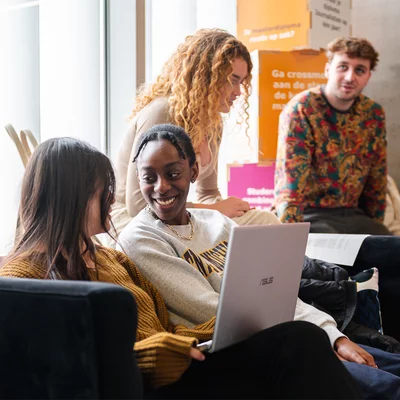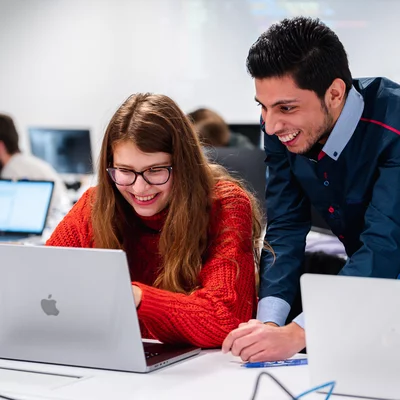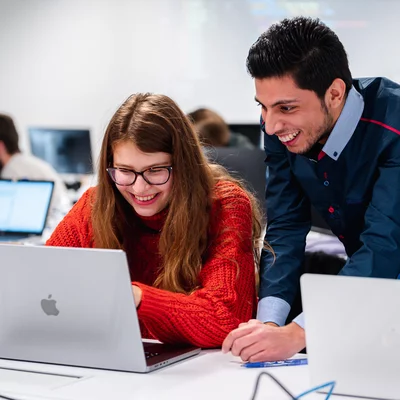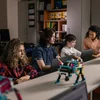
Young people and fake news: how can parents help recognise and frame fake news?
Young people rely on the help of their parents to recognise fake news. But this is a problem, as parents report that they themselves have too little knowledge about fake news. How can we help parents tackle the issue of fake news with their children?
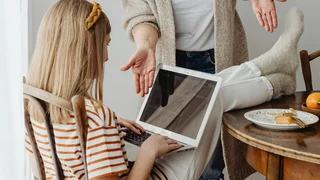
Spotting fake news: not as simple as you think!
Our survey of more than 1,000 young people shows that only 3% easily recognise fake news. Four in five young people also cannot explain exactly what fake news is. Yet they think it is important to be better informed about this topic. For this, they rely primarily on help from their parents.
But that is a problem, because parents indicate that they themselves have too little knowledge about fake news. Or they do not really know how to tailor that knowledge to their children.
Getting started together with parents and young people!
Consequently, the challenge is to develop a 'tool' that meets the needs and concerns of parents in terms of both content and form with regard to the important role they should play as a reference point for fake news towards their children. Based on human-centred design, we want to involve parents and children in developing an innovative tool tailored to parents and their children.
Research realisations and publications

Research report
Can parents recognise fake news and help their children debunk fake news?
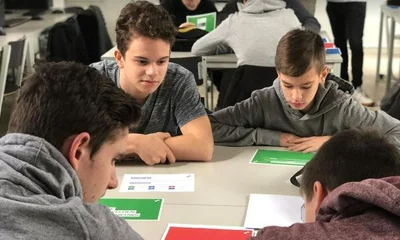
EDUbox fake news
The EDUbox Fake News was developed in cooperation with VRT and Mediawijs. The tool can be used for secondary school pupils, both in class (workshop/lesson) or indicatively (interactive video lesson).
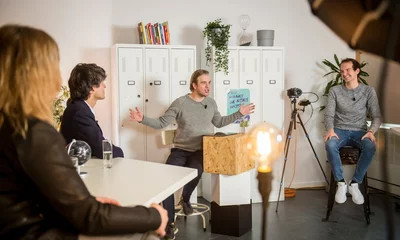
Event #FokFake
We organised some events with young people to come up with solutions that could make them more resilient against fake news.

Chat box Is't waar?!
Tool to talk about news and fake news in an approachable way.
Meet the team
Work with us?
Request customised research
We are happy to help you formulate your research question-and approach.
